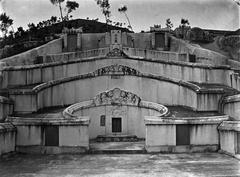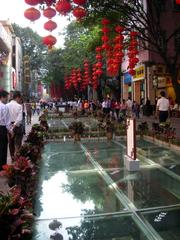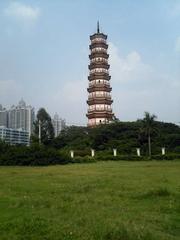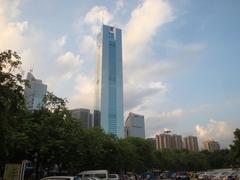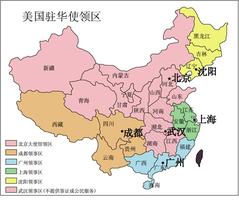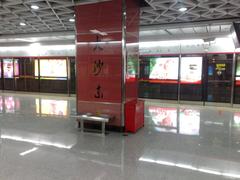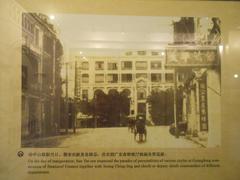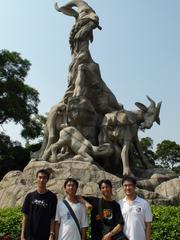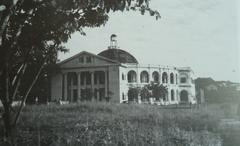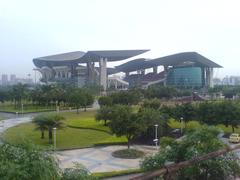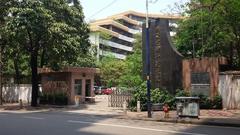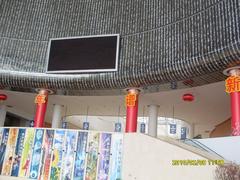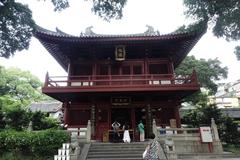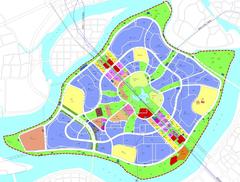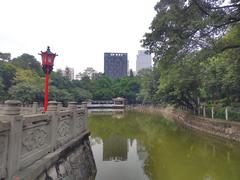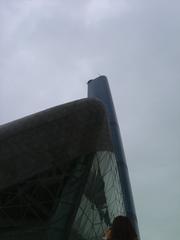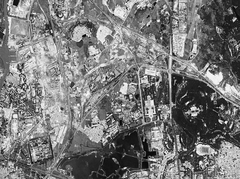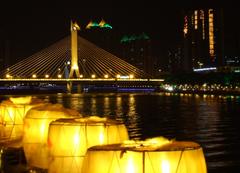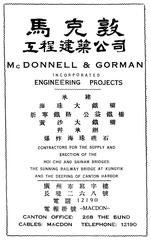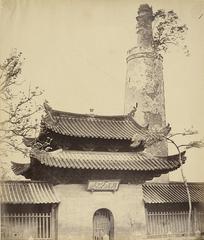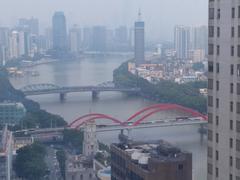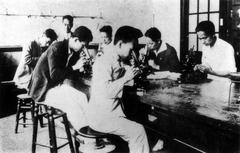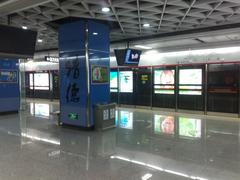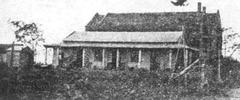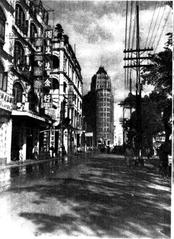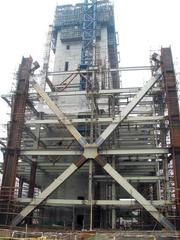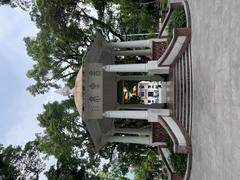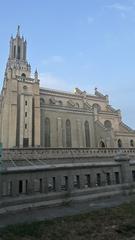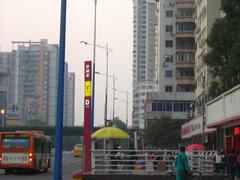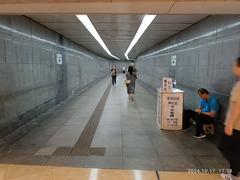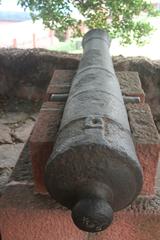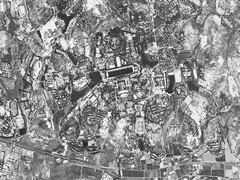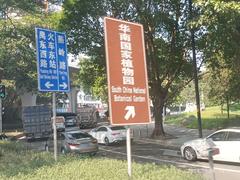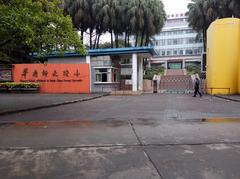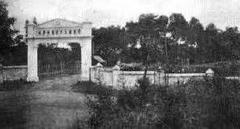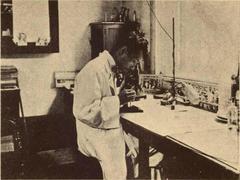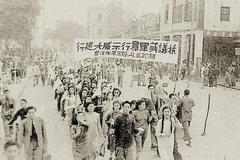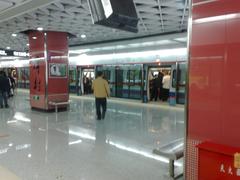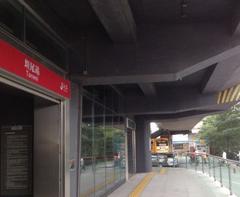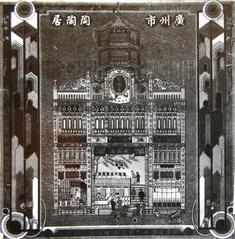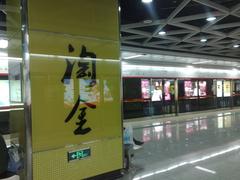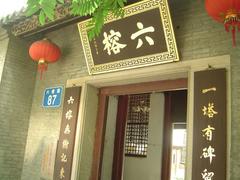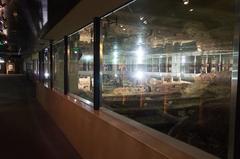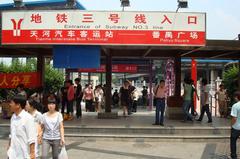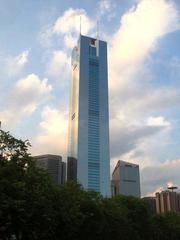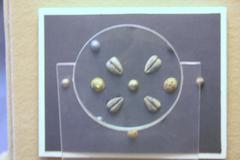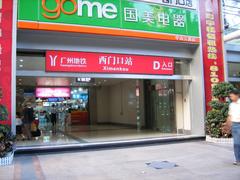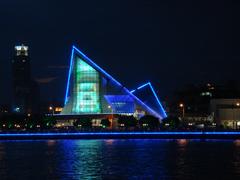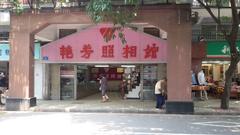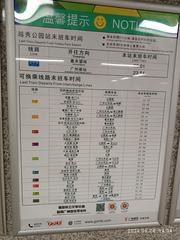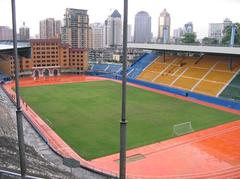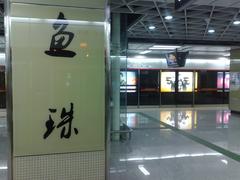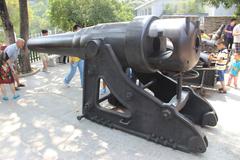Guangdong Hospital Of Traditional Chinese Medicine
Guangdong Hospital of Traditional Chinese Medicine Visiting Guide: Guangzhou Historical Sites
Date: 04/07/2025
Introduction: History and Significance
Guangdong Hospital of Traditional Chinese Medicine (TCM) is a landmark institution in Guangzhou, celebrated for its integration of ancient Chinese healing with modern medical innovations. Established in 1933 during a pivotal era of modernization, it stands among the oldest and most respected TCM centers in China. As a Grade 3A hospital affiliated with Guangzhou University of Chinese Medicine, it delivers comprehensive care that bridges TCM modalities—herbal medicine, acupuncture, tuina—with state-of-the-art diagnostics like MRI and CT. Beyond patient care, the hospital is a leader in TCM education, research, and the preservation of Lingnan medical traditions.
Cultural enthusiasts and medical tourists are drawn to the hospital’s unique mix of heritage and modernity, supported by multilingual staff and international patient services. Highlights include the Guangdong Chinese Medicine Museum, home to a vast collection of medicinal herbs and immersive exhibits, offering visitors a deeper understanding of the botanical and cultural richness of TCM (China Daily, CGTN, Health-Tourism.com).
This guide details the hospital’s historical evolution, clinical and cultural offerings, visiting logistics, accessibility, and nearby attractions—equipping you for a rewarding and seamless visit.
Table of Contents
- Introduction
- History and Evolution
- Clinical Education and Research
- Cultural and Community Impact
- Integration of TCM and Western Medicine
- Medical Tourism and International Services
- Visiting Information
- Recognition and Honors
- Future Prospects
- Frequently Asked Questions (FAQ)
- Conclusion and Further Resources
History and Evolution
Founded in 1933, Guangdong Hospital of TCM emerged as a response to both the preservation and progression of traditional Chinese medicine during a transformative era. Initially dedicated to safeguarding classical medical texts and therapies—herbal medicine, acupuncture, tuina—the hospital quickly became one of the country’s first provincial-level TCM centers (China Daily).
Through the 20th century, the hospital expanded, affiliating with Guangzhou University of Chinese Medicine and evolving into a modern medical complex. It established specialized departments in internal medicine, surgery, gynecology, and emergency care, while incorporating advanced diagnostic technologies (Huadu Government).
Today, it’s a large-scale institution with multiple branches, over 3,000 beds, and millions of annual outpatient visits, consistently ranking among China’s top TCM hospitals (China Daily).
Clinical Education and Research
As the First Affiliated Hospital of Guangzhou University of Chinese Medicine, Guangdong Hospital of TCM is a premier center for medical training and research. It houses renowned research centers, fosters innovation in both TCM and integrated medicine, and regularly hosts national and international academic exchanges (Soreha).
The hospital leads in specialties such as oncology, neurology, nephrology, and rehabilitation, and plays a key role in evidence-based TCM research and clinical education. Collaborations with institutes worldwide, including the Sino-Australian and China-Sweden Centers of TCM, further cement its global academic reputation.
Cultural and Community Impact
Guangdong Hospital of TCM is deeply embedded in the Lingnan (southern China) tradition, emphasizing the use of regional herbs and climate-adaptive therapies. The hospital’s social responsibility is evident through public health education, free community clinics, and initiatives to alleviate medical poverty. It is a designated provider for urban basic medical insurance and actively participates in emergency medical networks (Huadu Government).
The Guangdong Chinese Medicine Museum, located on the hospital campus, is a cultural highlight. Its “Crystal Palace of Chinese Medicine” exhibition displays over 600 medicinal herb specimens, offering an immersive educational experience (CGTN).
Integration of TCM and Western Medicine
A pioneer in integrated care, the hospital combines TCM with modern Western medicine—particularly for complex conditions such as stroke, cancer, and chronic diseases. Collaborations with leading institutions, including Southern Hospital of Southern Medical University, enhance patient outcomes and advance the development of integrated medical protocols (South China Morning Post).
Medical Tourism and International Services
Guangdong Hospital of TCM ranks among China’s top destinations for medical tourism, renowned for its holistic therapies, modern facilities, and patient-centered approach. International visitors benefit from English-speaking staff, translation services, tailored medical tourism packages, and a dedicated International Patient Center (Springer).
Visiting Information
Hours and Appointments
- Outpatient Clinics: Monday to Friday, 8:00 AM–5:30 PM. Some branches offer Saturday clinics.
- Emergency Department: Open 24/7.
- Museum: Tuesday to Sunday, 9:00 AM–5:00 PM (last admission 4:30 PM; closed Mondays).
- Appointments: Strongly recommended via the official website, WeChat, phone hotline (12320), or on-site kiosks. Walk-ins accepted, but wait times may be longer (Newsgd).
Accessibility
- Fully wheelchair accessible: ramps, elevators, and accessible restrooms.
- Multilingual signage at museum; translation assistance at main information desks.
- Spacious waiting areas, digital queue systems, and on-site amenities.
Getting There
- Main Campus: 111 Dade Road, Yuexiu District, Guangzhou.
- Multiple branches across Guangzhou and Zhuhai.
- Transport: Accessible by Guangzhou Metro, city buses, taxis, and ride-hailing services. Limited on-site parking—early arrival is advised.
- Nearby Hotels: Collaborating hotels offer medical tourism packages and shuttles (MedicalTourism.com).
Nearby Attractions
Enhance your visit by exploring Guangzhou’s cultural sites:
- Chen Clan Ancestral Hall: Masterpiece of Cantonese folk art.
- Yuexiu Park: Guangzhou’s largest urban park with historical monuments.
- Shamian Island: Colonial-era architecture and riverside promenades.
Photography Policy
- Photography is permitted in public areas and museum exhibitions.
- Permission required for patient areas and treatment rooms.
Recognition and Honors
Guangdong Hospital of TCM has received numerous awards, including the “National Advanced Unit of Professional Ethics” and “National Advanced Collective of Traditional Chinese Medicine Emergency Work.” It holds a AAAA rating and is consistently ranked among China’s top TCM hospitals (Soreha, CancerFax).
Future Prospects
With continued facility upgrades, international collaborations, and the fusion of research, clinical care, and public health, Guangdong Hospital of TCM stands at the forefront of modern TCM development. Its commitment to innovation, accessibility, and community engagement ensures its place as a key institution in the global landscape of traditional and integrated medicine (China Daily).
Frequently Asked Questions (FAQ)
Q: What are the visiting hours?
A: Outpatient clinics operate Monday to Friday, 8:00 AM–5:30 PM. Emergency services are open 24/7. Museum hours are Tuesday to Sunday, 9:00 AM–5:00 PM.
Q: Is there an entry fee?
A: Hospital public areas and museum admission are free; special exhibitions or guided tours may require a nominal fee.
Q: How do I book an appointment?
A: Through the hospital’s website, WeChat, phone (12320), or on-site kiosks.
Q: Are English-speaking staff available?
A: Yes, especially in the International Patient Center and museum; translation services are available.
Q: How do I reach the hospital?
A: Easily accessible by metro, bus, taxi, or ride-hailing. Details available on the hospital website and local tourist information.
Q: Are guided tours offered?
A: Museum tours are available by appointment; hospital tours may be arranged for groups or academic visitors.
Conclusion
Guangdong Hospital of Traditional Chinese Medicine is a vital bridge between the ancient wisdom of TCM and contemporary healthcare advancements. Its legacy in clinical care, research, cultural preservation, and community wellness makes it an essential destination for patients, academics, and culture seekers alike. To maximize your visit, check current hours, book appointments in advance, and explore the hospital’s cultural and educational offerings. Stay updated with the latest information by visiting the official website, following social media channels, and utilizing resources like the Audiala app.
Contact Information
- Main Campus Address: 111 Dade Road, Yuexiu District, Guangzhou
- Phone: +86-20-81887233
- Website: www.gzszyy.com / English Info
- Email: [email protected]
Interactive Resources
- Google Map Location
- Virtual tours and high-quality images are available on the hospital and museum websites.
References
- China Daily: Visiting Hours, Tickets, Historical Significance
- CGTN: Museum and Medical Tourism
- Newsgd: Facilities and Patient Guide
- Official Hospital Website
- Soreha: Recognition and Medical Tourism
- Huadu Government: TCM and Western Medicine Integration
- China Daily: Academic Leadership
- Health-Tourism.com: Medical Tourism
